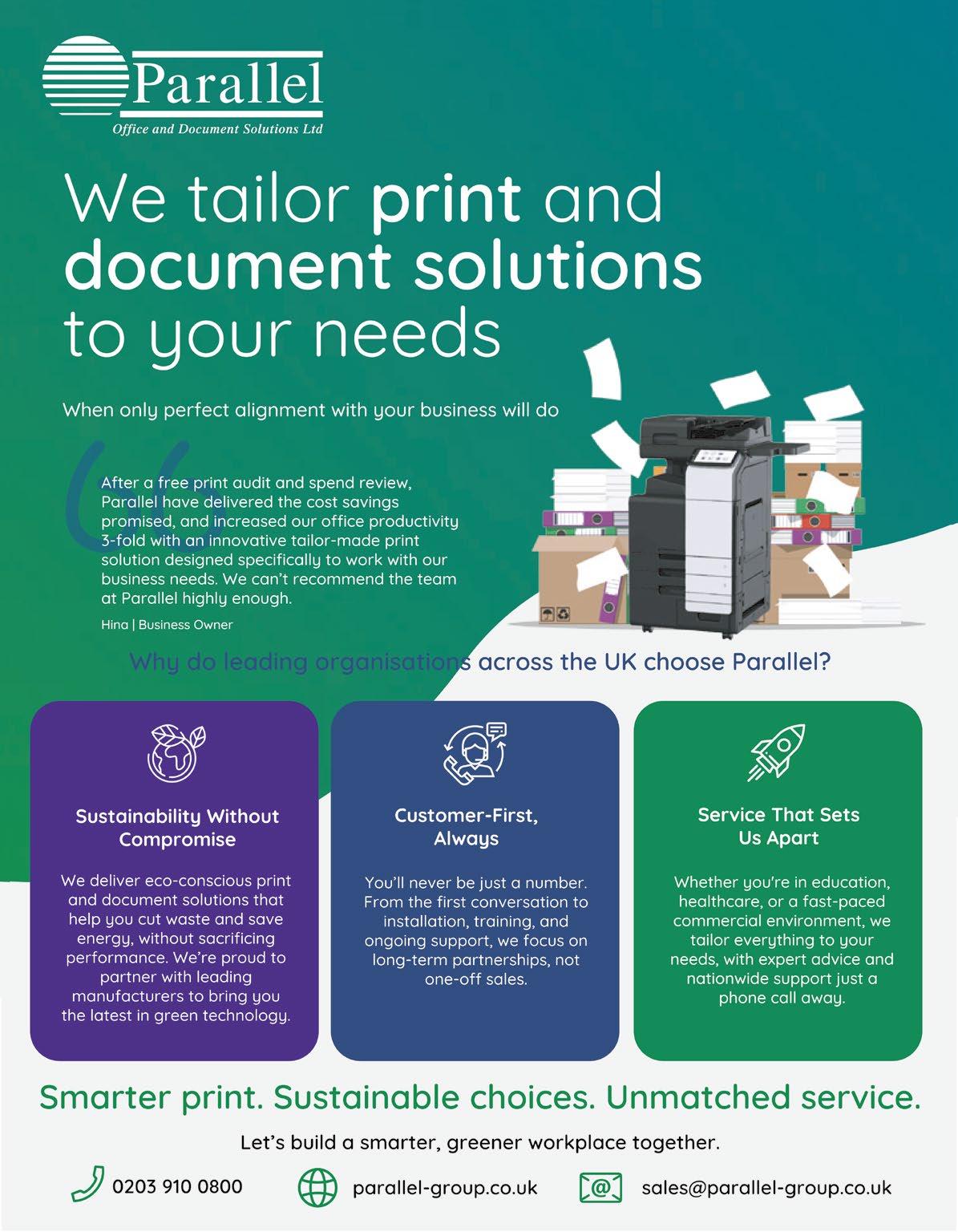
2 minute read
Inheritance Tax Under Review
QWhat were the principal Inheritance Tax (IHT) changes announced in the last Budget and when do they take effect?
AThe Autumn 2024 Budget introduced significant reforms that will reshape IHT planning.
• From 6 April 2026, Business Property Relief (BPR) and Agricultural Property Relief (APR) will be restricted so that full (100%) relief applies only to the first £1 million of qualifying property (combined). Any excess will receive only 50% relief.
• From 6 April 2027, most unused defined contribution pensions and death-benefit pension assets will be brought into the estate for IHT purposes.
• The Nil-Rate Band and Residence Nil-Rate Band will remain frozen until 2030.
• For non-domiciled individuals, from 6 April 2025, long-term UK residents (10 out of the last 20 years) will become subject to IHT on worldwide assets, ending the current domicile-based exemption.
While the details are still being finalised, the government’s direction is clear: more estates will fall within IHT, and existing reliefs will become harder to claim.
AQHow will these changes impact estates?
The effects could be substantial:
• Estates holding business or agricultural property over £1 million will face a sharp increase in taxable value, potentially prompting restructuring or asset sales.
Bernard Flanagan, Senior Solicitor at Longmores, explains the recent reforms and what may come next.
• Family business owners may need to revisit succession plans to ensure heirs can meet the resulting tax liabilities.
• From 2027, pensions once outside the IHT net will now create exposure, catching many by surprise.
• The frozen thresholds mean that rising property and investment values will draw more estates into the IHT net.
• Non-dom clients will lose traditional protections for overseas assets.
Q What estate-planning opportunities remain under the new regime?
A
While the reforms restrict traditional reliefs, timely and considered planning can still mitigate exposure:
• Lifetime gifting: Make use of annual and small gift exemptions, gifts out of income (“normal expenditure out of income” exemption), and consider larger gifts within the seven-year period. Though a future lifetime cap has been mooted.
• Trusts: Settling assets before the new rules take effect could secure existing reliefs, especially for family wealth and agricultural property.
• Pensions: Drawing down pension funds before 2027 may reduce IHT exposure where income tax consequences are acceptable which may provide greater opportunity for making use of the gifts out of income exemption.
• Other reliefs: Continue to utilise spousal exemptions, the residence nil-rate band, and charitable gifts to offset liability. Business restructuring: Review ownership models to keep qualifying property within the £1 million threshold or optimise relief eligibility.
Q What further IHT changes might the forthcoming Budget bring?
ASpeculation around the 2025 Autumn Budget points to further tightening:
• Possible reform or abolition of the sevenyear rule for lifetime gifts.
• A lifetime cap on the total value of tax-free gifts.
• Reduced taper relief between three and seven years before death.
• Narrowing of other reliefs, including for AIM listed shares and investment vehicles.
• Enhanced anti-avoidance measures targeting last-minute or artificial transfers. These evolving reforms mark a pivotal moment in IHT planning. Proactive advice, early restructuring, and close monitoring of legislative developments will be essential to preserve estate value and ensure clients remain ahead of the curve.









